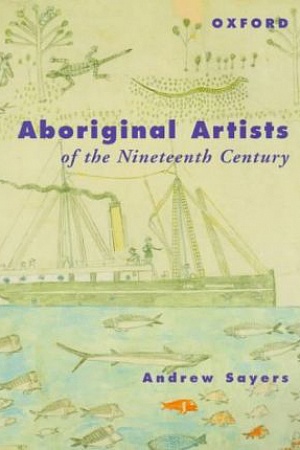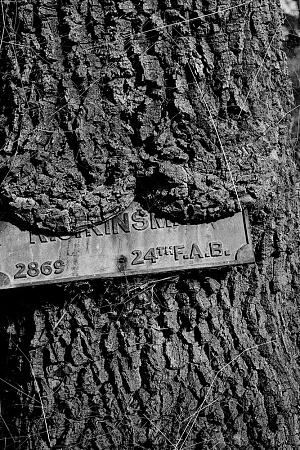The Grainger Trap

Australians might be forgiven for thinking that the history of classical music – as an art form with origins in Europe – is something that happens elsewhere, that we are little more than observers (and listeners) of a tradition that is essentially the property of others. Melbourne-born Percy Grainger (1882–1961), however, presents us with an unambiguous claim to being a classical composer of lasting historical significance. And yet his music is also not performed, or celebrated, here with anything like the frequency and enthusiasm that it is overseas.
Grainger was acutely aware of this lack of recognition. But it was not for this reason alone that he decided to build an autobiographical museum in the city of his birth. Completed in 1938, its form and contents were shaped and limited, as he acknowledged, by ‘one man’s taste and criticism’ – ‘my own’. Ultimately, however, he sought to do much more than merely memorialise and aggrandise himself. In a 1955 essay on the Museum, he concluded that he wanted to ‘help Australia live to the axiom: “Music is a universal language”.’
Continue reading for only $10 per month. Subscribe and gain full access to Australian Book Review. Already a subscriber? Sign in. If you need assistance, feel free to contact us.















Comments (5)
This is a disgrace.
His museum is a national treasure.
Please keep on championing him.
The plaque next to the grave explaining Grainger's international reputation as a musical genius is fading from the weather, but, possibly because he was "committed to promoting his own genius", Grainger's own inscription is written in stone and, like the museum he built in Melbourne and the music he wrote and unearthed, it will remain once the cultural vandals have done their worst and moved on.
Leave a comment
If you are an ABR subscriber, you will need to sign in to post a comment.
If you have forgotten your sign in details, or if you receive an error message when trying to submit your comment, please email your comment (and the name of the article to which it relates) to ABR Comments. We will review your comment and, subject to approval, we will post it under your name.
Please note that all comments must be approved by ABR and comply with our Terms & Conditions.